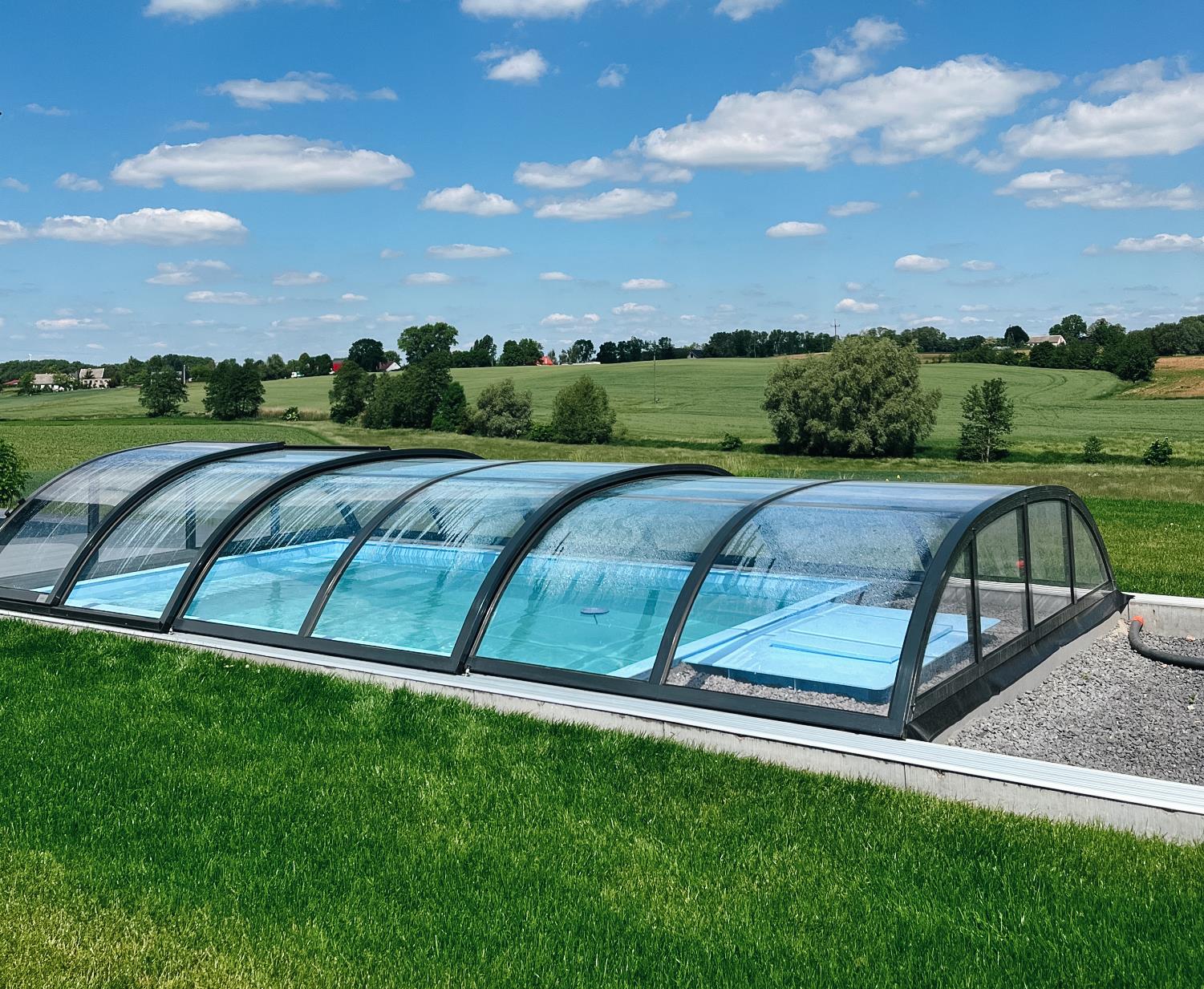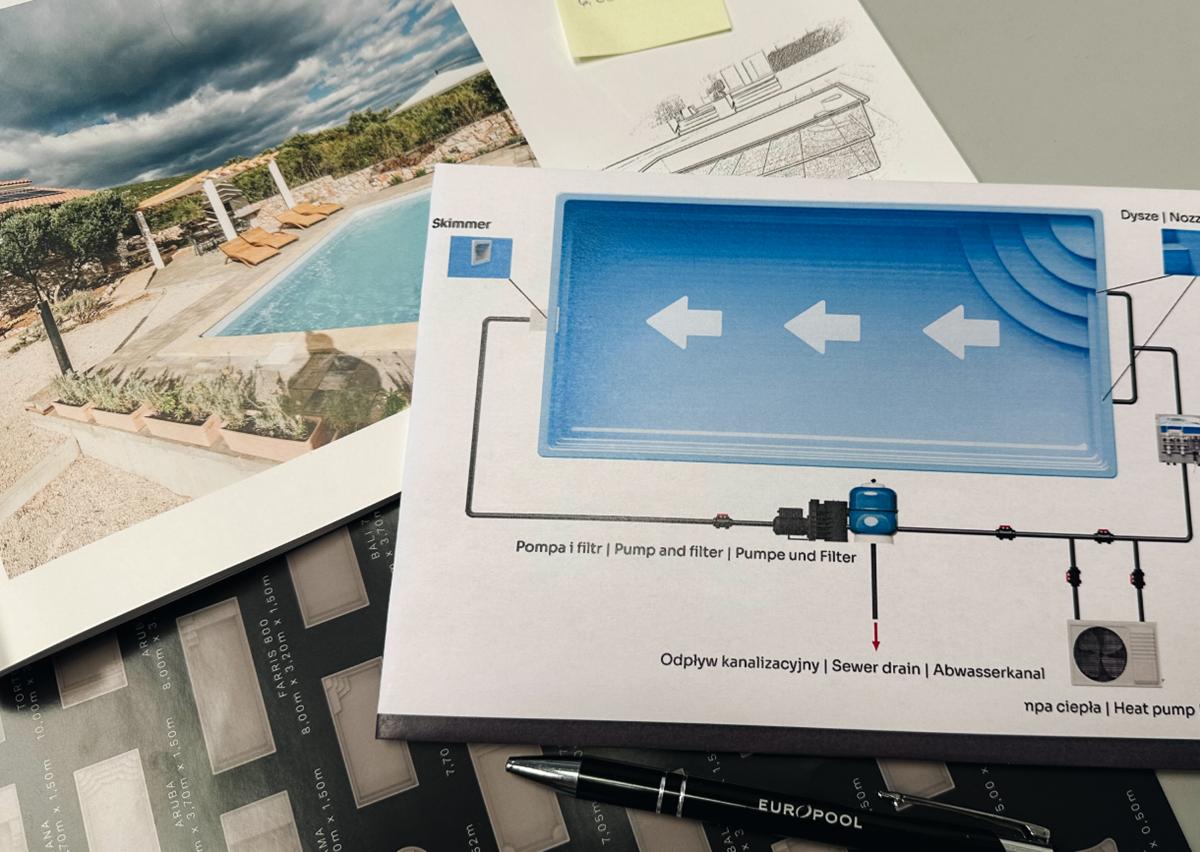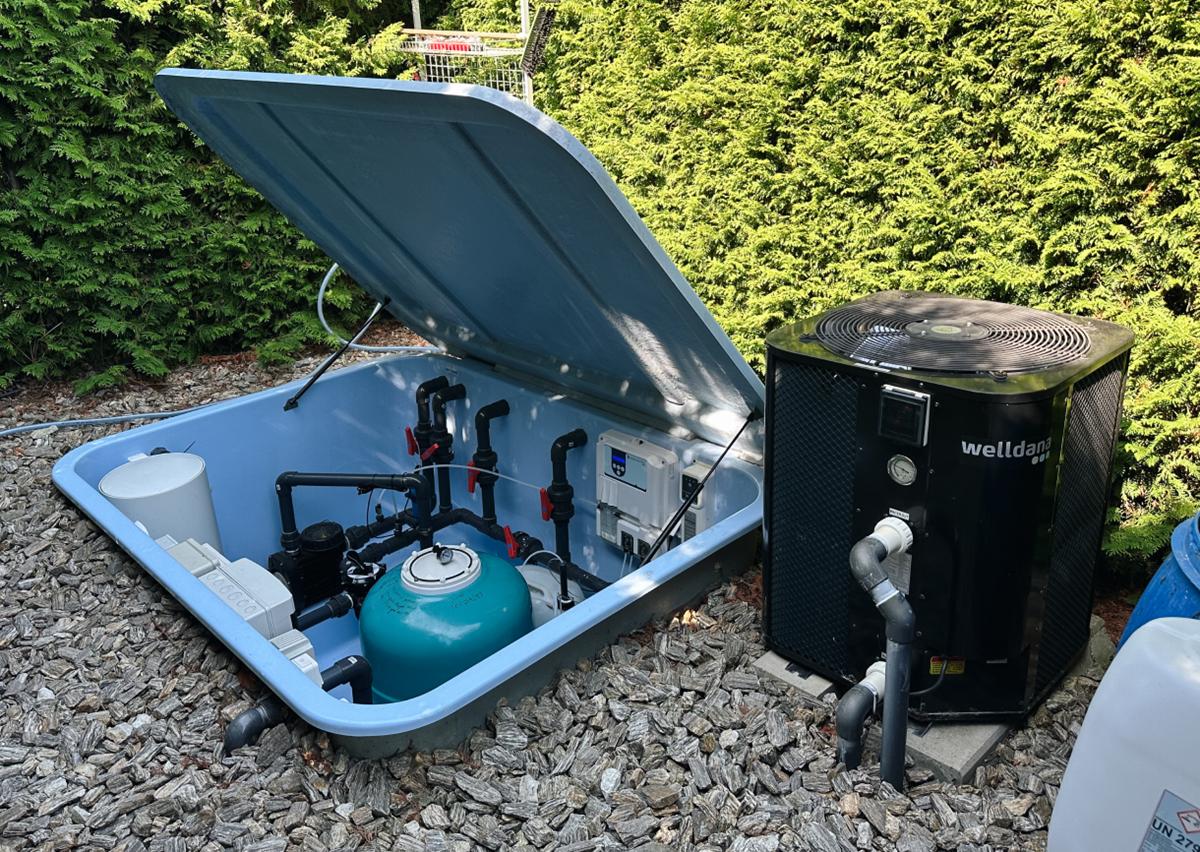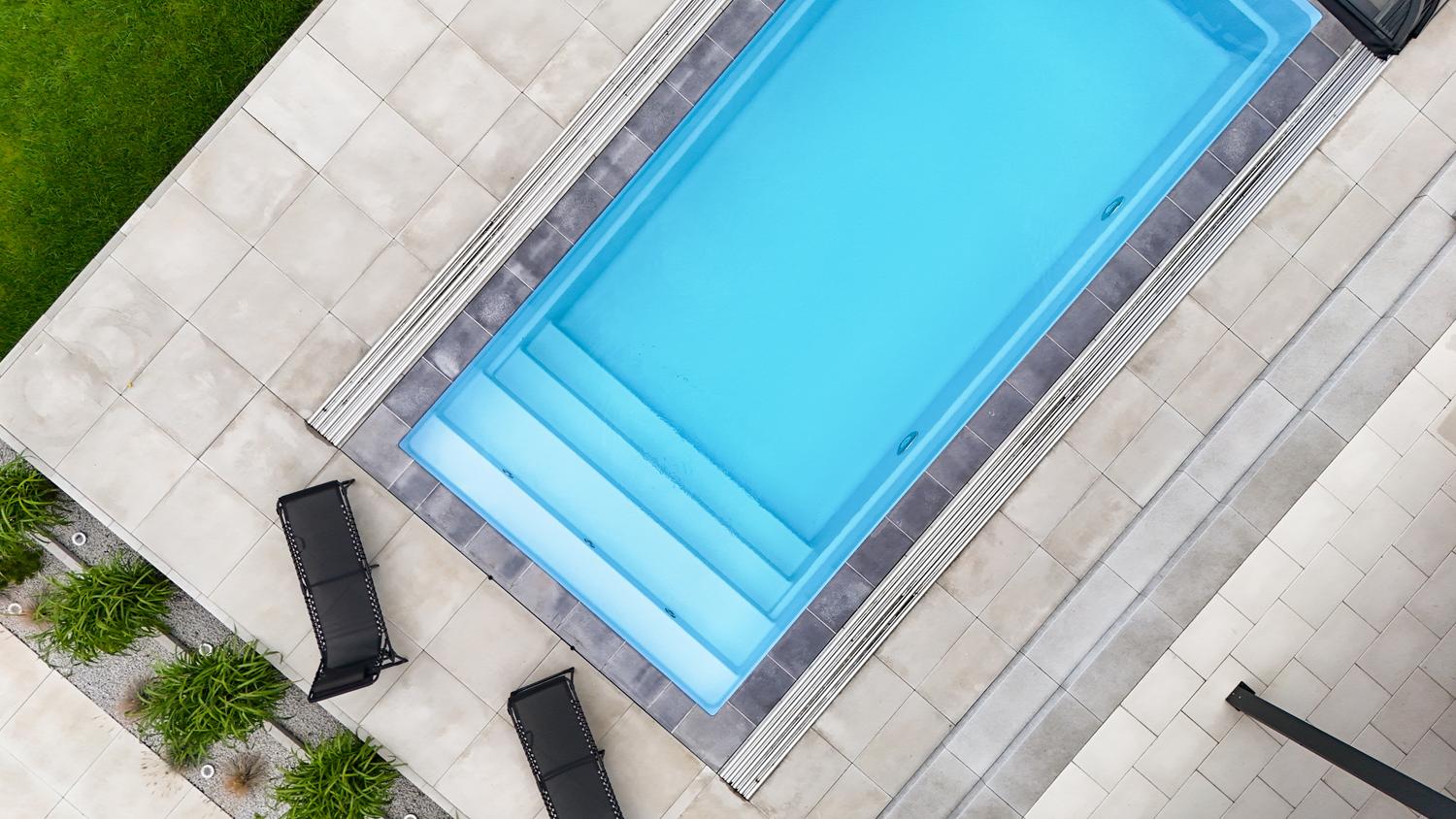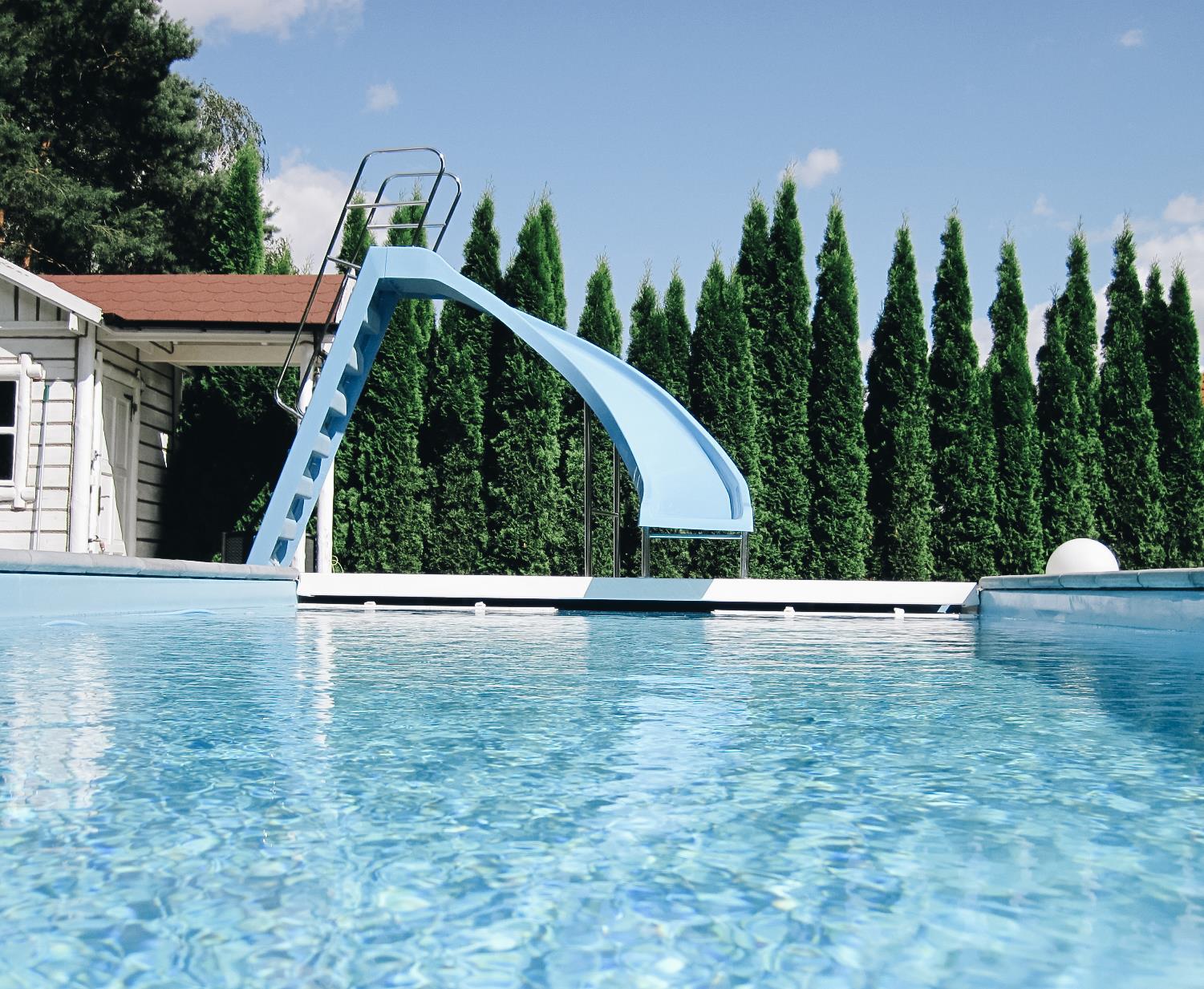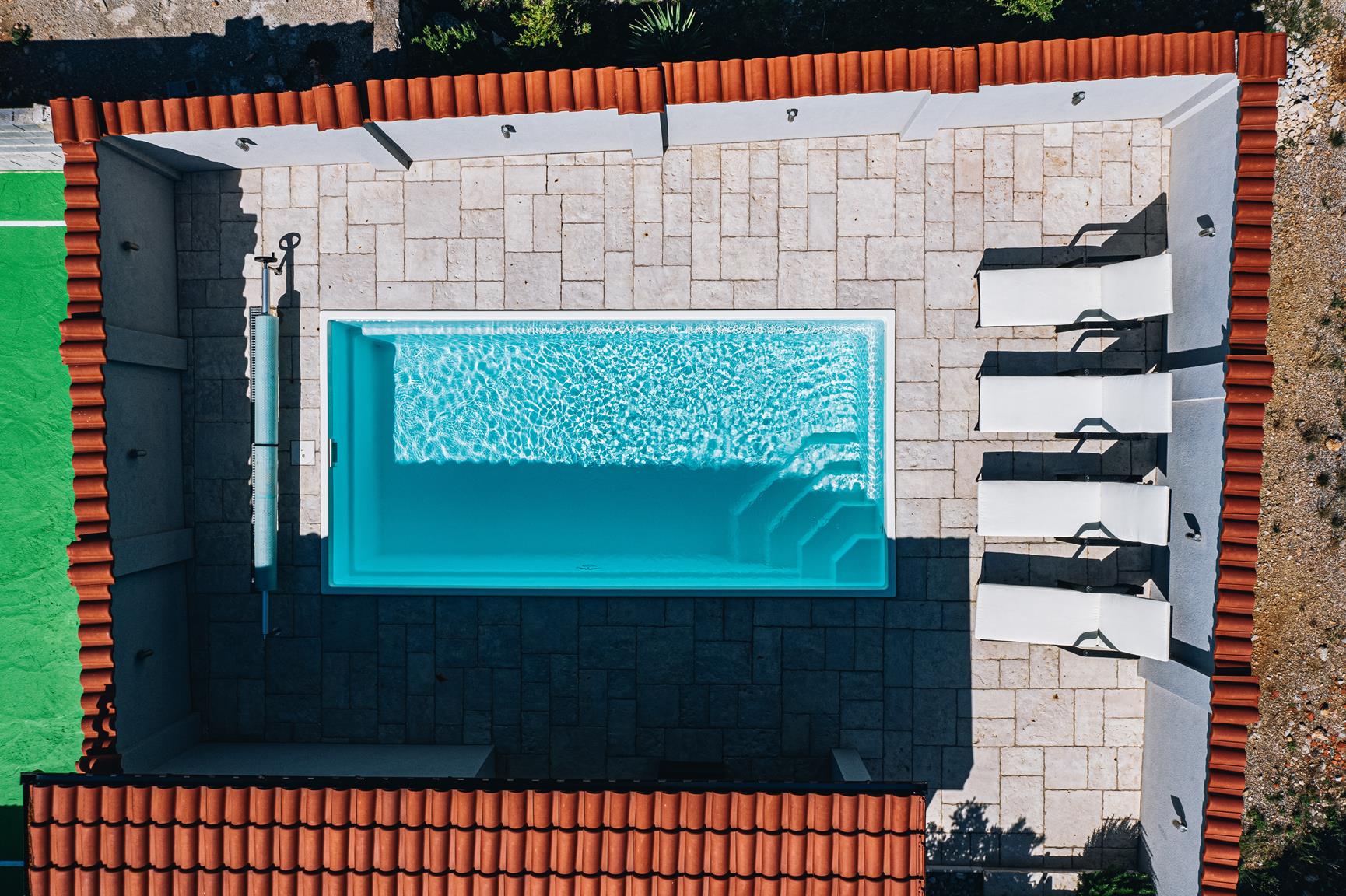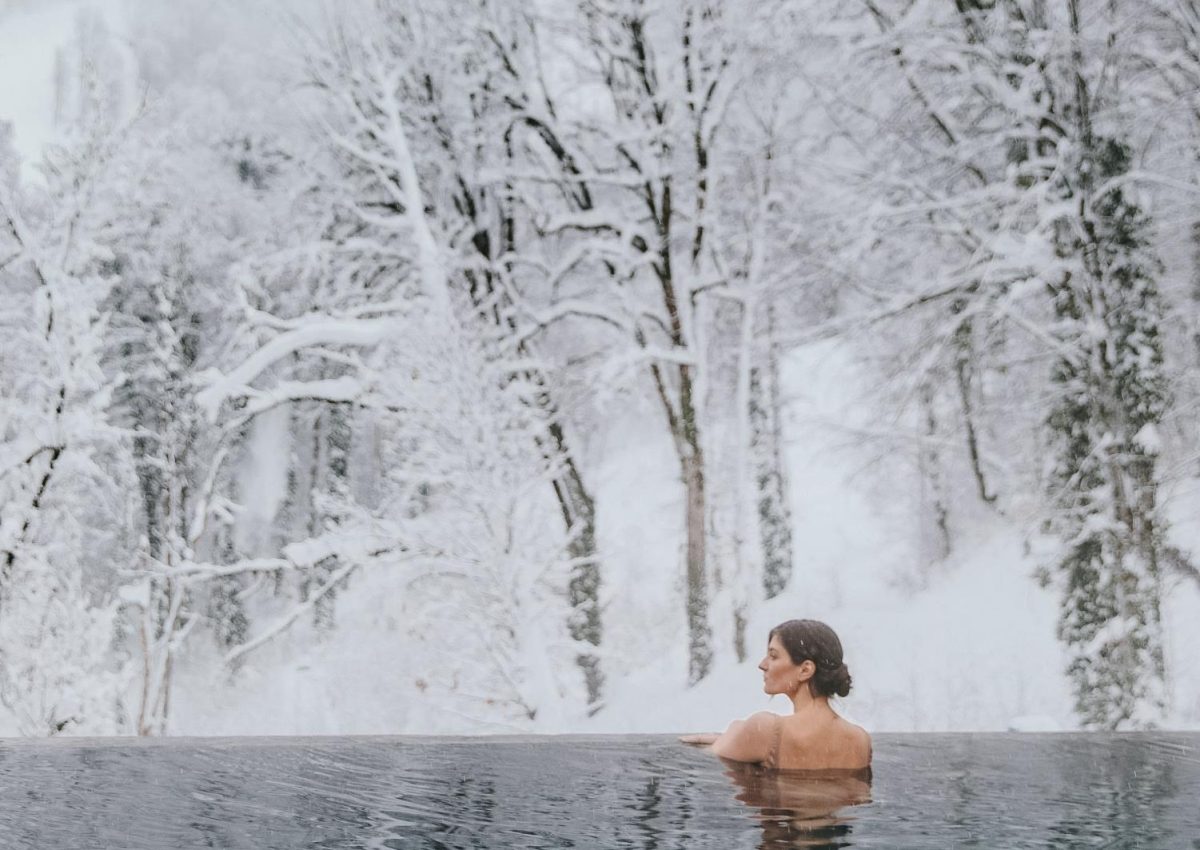
Heating your pool water is essential for maintaining comfort and enjoyment regardless of the weather conditions. Discover the various methods available for heating pool water, from solar panels and heat pumps to electric heaters, to find the perfect solution for your needs.
Choosing the right heating method is crucial for maintaining a comfortable water temperature in your pool. There are several heating systems, each with its own technology, efficiency, and cost implications. This article will explore the different types of heating systems, along with their advantages and disadvantages.
Electric pool heating uses electric heaters or heat pumps to warm the water. These systems are easy to install and operate, but they can be costly to run. Electric heaters are generally best suited for smaller pools or as a supplementary heat source.
Solar heating is an eco-friendly and cost-effective solution. Solar collectors and panels harness solar energy to heat pool water. They are easy to install and maintain, with the main benefit being no ongoing operational costs. Solar heating is especially effective for large pools and in areas with high sun exposure.
Heat exchangers are vital for efficiently transferring heat from one medium to another in pool heating systems.
Pool heat pumps are one of the most efficient methods for heating a pool. They use ambient energy to warm the water, resulting in significant energy savings. When choosing a heat pump, consider factors such as type (ground-source or inverter heat pumps) and power to ensure effective heating.
Energy Efficiency: Heat pumps can deliver up to five times more thermal energy than the electrical energy they consume, leading to lower heating costs.
Eco-Friendliness: They use renewable energy sources, reducing carbon emissions.
Comfort and Consistent Water Temperature: They provide a stable, warm water temperature, allowing for extended pool use.
In cooler climates, it’s important to drain the heat pump and protect it from low temperatures.
Heat pumps are a valuable investment, offering benefits like low heating costs, eco-friendliness, and user comfort. With modern technology, maintaining a warm pool has never been easier or more efficient. Proper selection, installation, and maintenance of your heat pump will ensure lasting benefits and satisfaction.
Planning to invest in a pool heat pump? Contact our experts to find the best solution tailored to your needs. Enjoy warm water in your pool all season long!
Swimming pool owners often wonder how to reduce the cost of pool heating and what solutions will make it possible to heat the pool cheaply. There are several ways to achieve low pool water heating cost.
Pool owners often seek ways to reduce heating costs. Here are some strategies for achieving economical pool heating:
Heat Loss Prevention: Heat loss is a major factor affecting heating costs. Invest in a pool cover to retain heat, raise water temperature, and reduce evaporation. Pool covers come in various materials, including thermal covers, safety covers, and pool enclosures. A good cover can reduce heat loss by up to 50-70%.
Other Heat Loss Reduction Strategies: Insulate pool walls, use energy-efficient filtration systems, and maintain optimal water temperature. Consider the pool’s location—protecting it from wind and utilizing natural solar heat can also lower heating costs.
Heating a pool during the winter is indeed feasible, but it requires specific technical solutions. One effective method is using heat pumps, which are efficient even at low ambient temperatures. Heat pumps can maintain a consistent water temperature, making them particularly valuable for indoor pools.
For outdoor pools, investing in a high-quality pool cover is advisable. A good cover will protect the water from freezing and reduce heat loss. Additionally, solar heating systems can be used to harness sunlight even during winter months. In such cases, integrating a heat exchanger with the system can further enhance heating efficiency.

Are you considering buying a swimming pool? Or do you already have one in your garden? Our newsletter is your source for interesting facts, discounts, and practical pool tips!
